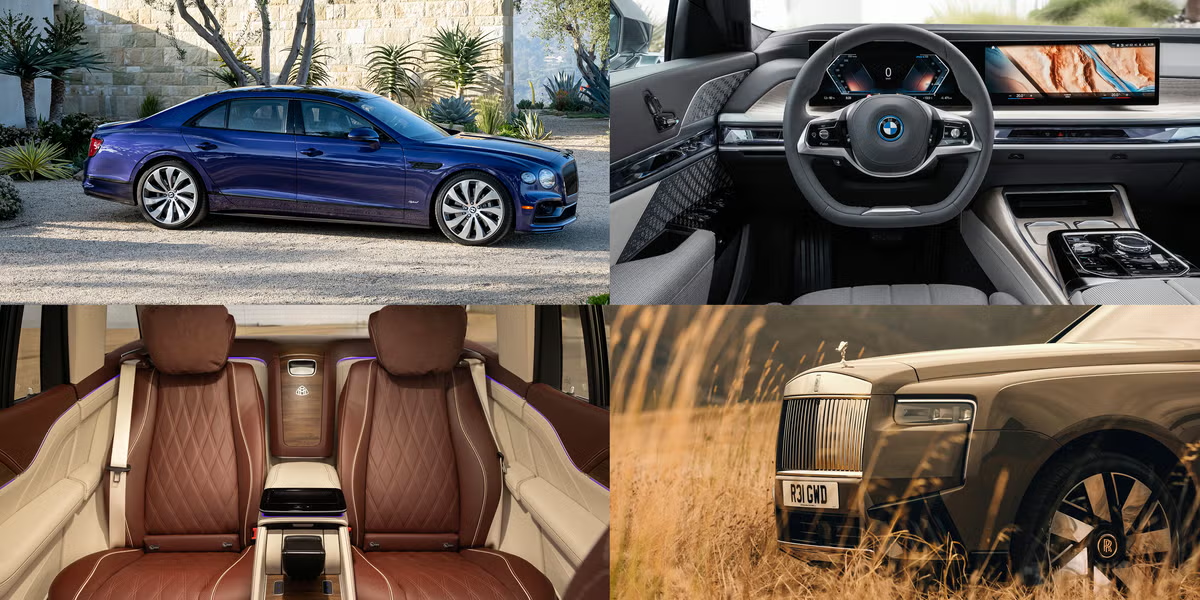Introduction
Buying a car is an exciting yet complex process that requires careful planning and research. With new technologies, changing fuel efficiency standards, and evolving market trends, purchasing a car in 2025 requires a strategic approach. Whether you are considering a new or used vehicle, these 10 essential tips will help you make an informed and smart decision.
1. Set a Realistic Budget
Before you start shopping, determine how much you can afford to spend. Consider:
- Down payment
- Monthly loan or lease payments
- Insurance costs
- Maintenance and repair expenses
- Fuel or charging costs (for EVs)
2. Decide Between a New or Used Car
Each option has its pros and cons:
- New Cars: Latest technology, warranties, but higher depreciation.
- Used Cars: More affordable, slower depreciation, but potential hidden issues.
- Certified Pre-Owned (CPO): A good middle ground with warranty coverage.
3. Research the Best Models for Your Needs
Think about your lifestyle and preferences:
- Fuel efficiency or electric options
- Cargo space and seating capacity
- Safety features and reliability ratings
- Technology and connectivity options
Websites like Kelley Blue Book and Edmunds can help compare models.
4. Check for Incentives and Rebates
Look for discounts, special financing offers, and government rebates, especially for EVs and hybrid cars.
5. Secure Financing Before You Visit a Dealership
Getting pre-approved for a loan helps you:
- Know your budget
- Secure better interest rates
- Negotiate from a position of strength
Compare loan options from banks, credit unions, and online lenders.
6. Shop Around and Compare Prices
Don’t settle on the first offer. Use online tools to check prices at different dealerships and private sellers.
7. Test Drive the Vehicle
A test drive helps you assess:
- Comfort and visibility
- Acceleration and braking
- Noise levels and ride quality
- Technology and features
8. Get a Vehicle History Report for Used Cars
For used cars, always check:
- Accident history
- Maintenance records
- Title status (ensure it’s not salvaged or rebuilt)
9. Negotiate the Price
Dealership prices are usually flexible. Tips:
- Research fair market value
- Be prepared to walk away
- Avoid unnecessary add-ons
10. Review the Paperwork Before Signing
Carefully go through the contract and ensure:
- No hidden fees
- Warranty details are clear
- Loan terms match your agreement
Conclusion
Buying a car in 2025 requires thorough research and financial planning. By following these steps, you can find the best vehicle that meets your needs while securing the best deal. Happy car shopping!


